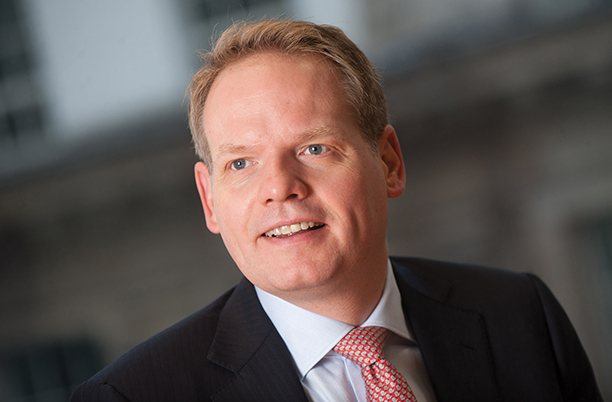
DWF in acquisition mode as it swoops on legal cost business NeoLaw
DWF has bought up legal costs specialist NeoLaw in a deal which will see 21 people join DWF’s London and…

DWF has bought up legal costs specialist NeoLaw in a deal which will see 21 people join DWF’s London and…

DWF is set to break into Asia for the first time by opening a Singapore office, picking up a four-lawyer…

In a busy week for both UK-based lateral hires and those further afield in Europe, Eversheds Sutherland has strengthened its…

DLA Piper is to close its Berlin office as its sole partner moves, alongside an of counsel, to launch DWF‘s…

An FRP Advisory report on the administration of Triton Global has revealed that DWF purchased the claims management firm for…

DWF has continued its expansion by acquiring claim managers Triton, saving them from administration. The bolt-on will see 215 members…

Following its Belfast merger at the end of 2016, DWF has launched in Paris with the acquisition of four partner…

National firm DWF has secured a merger in Northern Ireland with Belfast firm C&H Jefferson as the 20-partner firm prepares…

Eversheds, DWF, Trowers & Hamlins and Manchester law firm Pannone Corporate have been appointed as advisers on the newly-formed West…

DWF has posted mixed results this financial year, with global top-line revenue down 2% to £187.1m from £191m, while profit…

In this week’s appointments around up, law firms including Skadden, Arps, Slate, Meagher & Flom, DWF and accountancy giant EY…

DWF has appointed a new London head of corporate while Allen & Overy (A&O) and Stephenson Harwood have both made…

Just a week after launching its first office in continental Europe in Brussels, DWF has acquired the four-partner German arm…

Profit at top-25 firm DWF fell 7% for the year ending 30 April 2015 from £50.4m to £46.7m, which the…

Clyde & Co has appointed Mark Sutton as a senior equity partner in its professional financial disputes group. Sutton joined…

Last week saw a flurry of announcements as firms revealed their hires made over the summer. Clyde & Co invested in…

Last week saw a trio of LB100 firms, Osborne Clarke (OC), DWF, and DLA Piper, make key national and international…

DWF, suffering a second year of lacklustre performance, is the latest law firm to report evidence of difficulties for those…

Both Pinsent Masons and CMS Cameron McKenna have missed out on spots as nine firms were awarded places on the…

Following on from the launch last month of consultancy, paralegal and flexible lawyer offerings, DWF has entered into the growing…